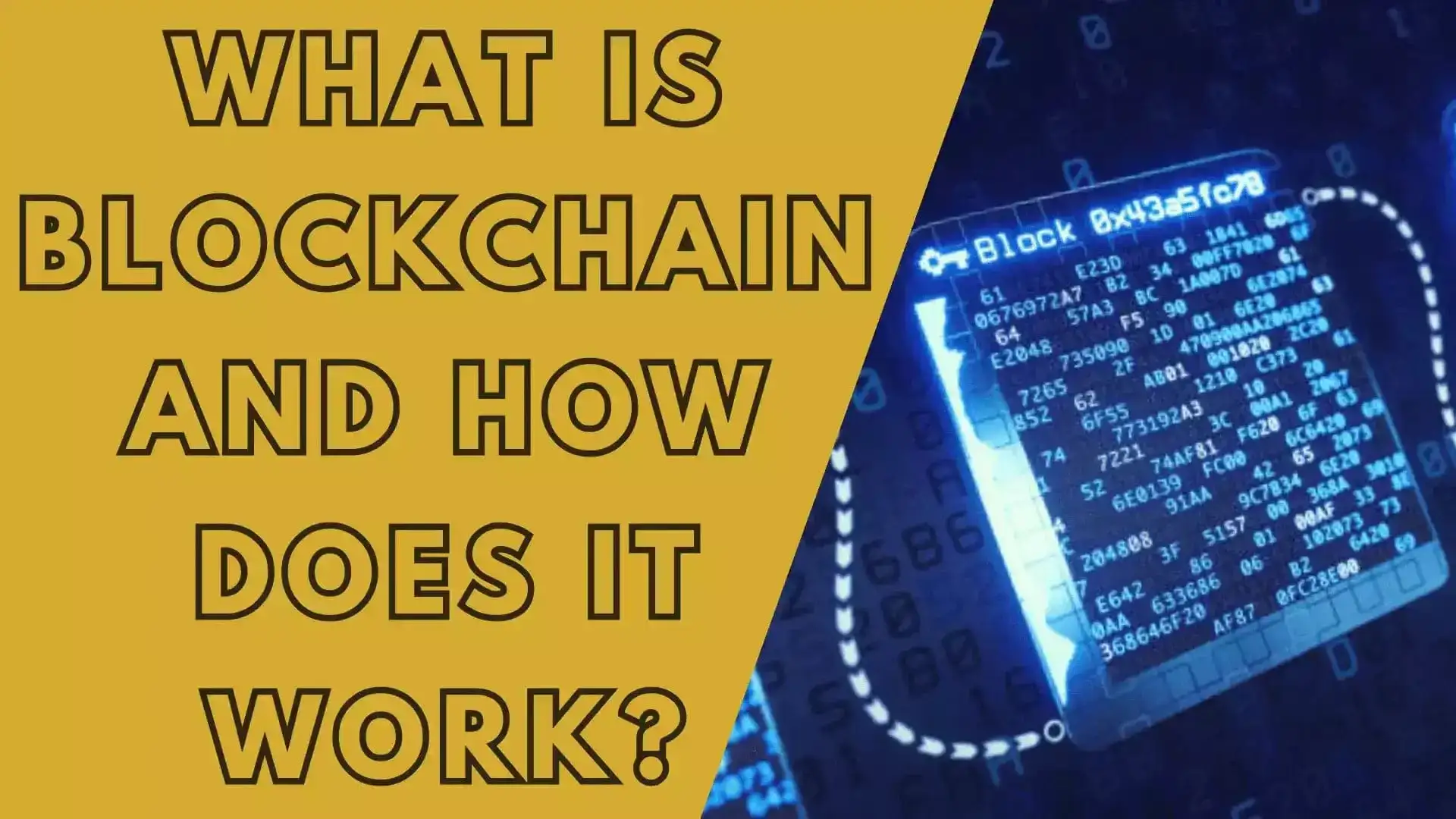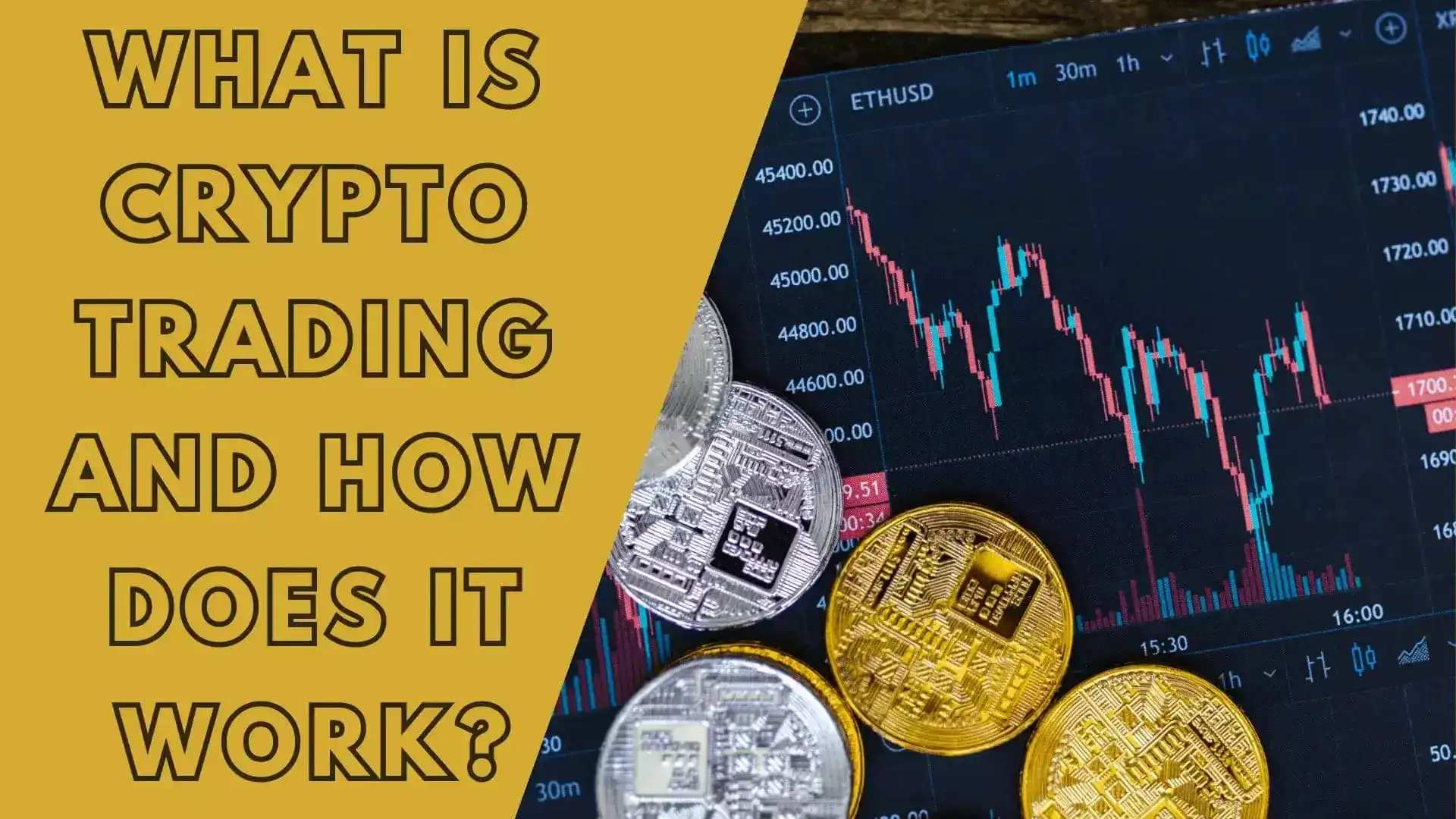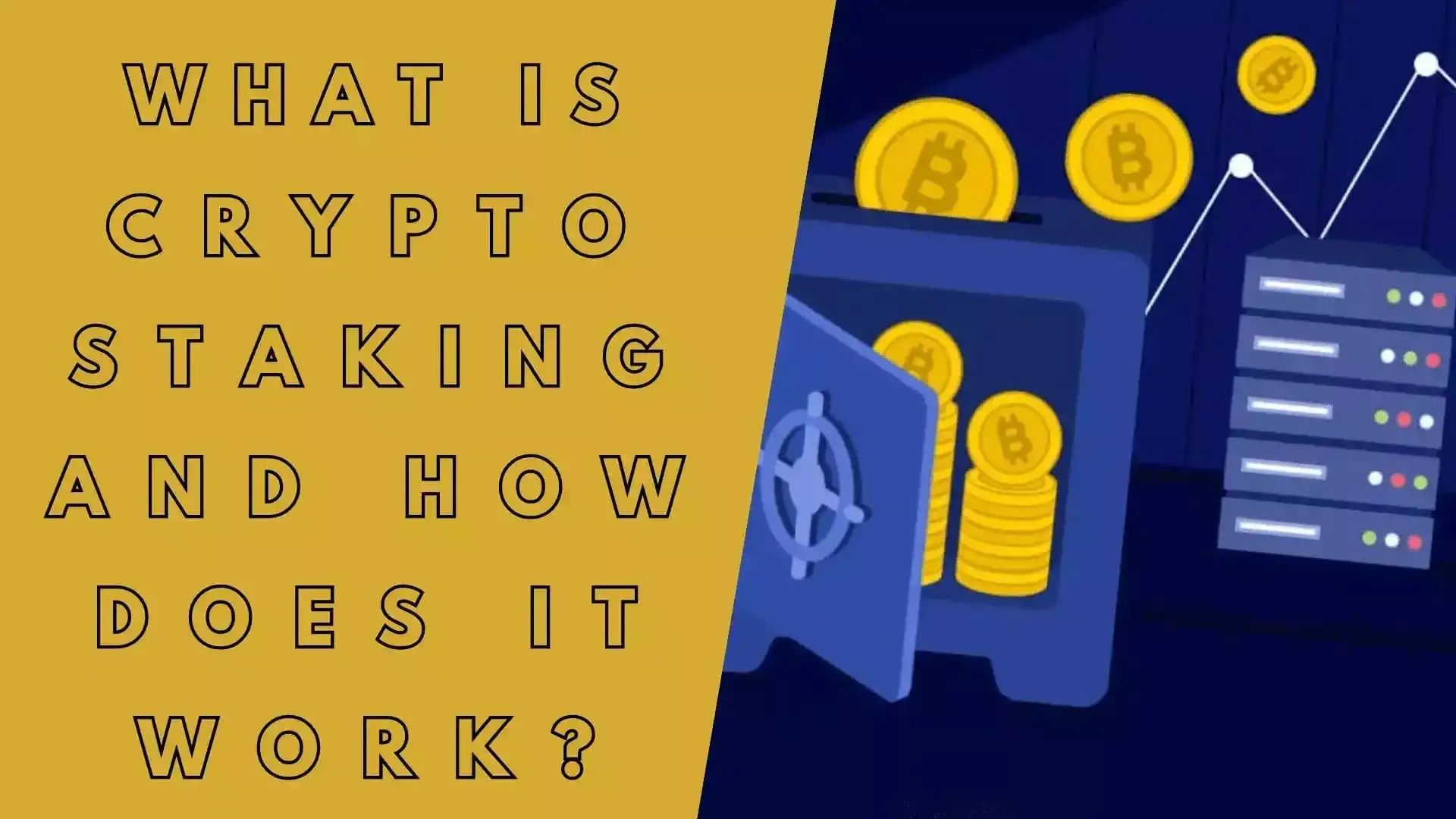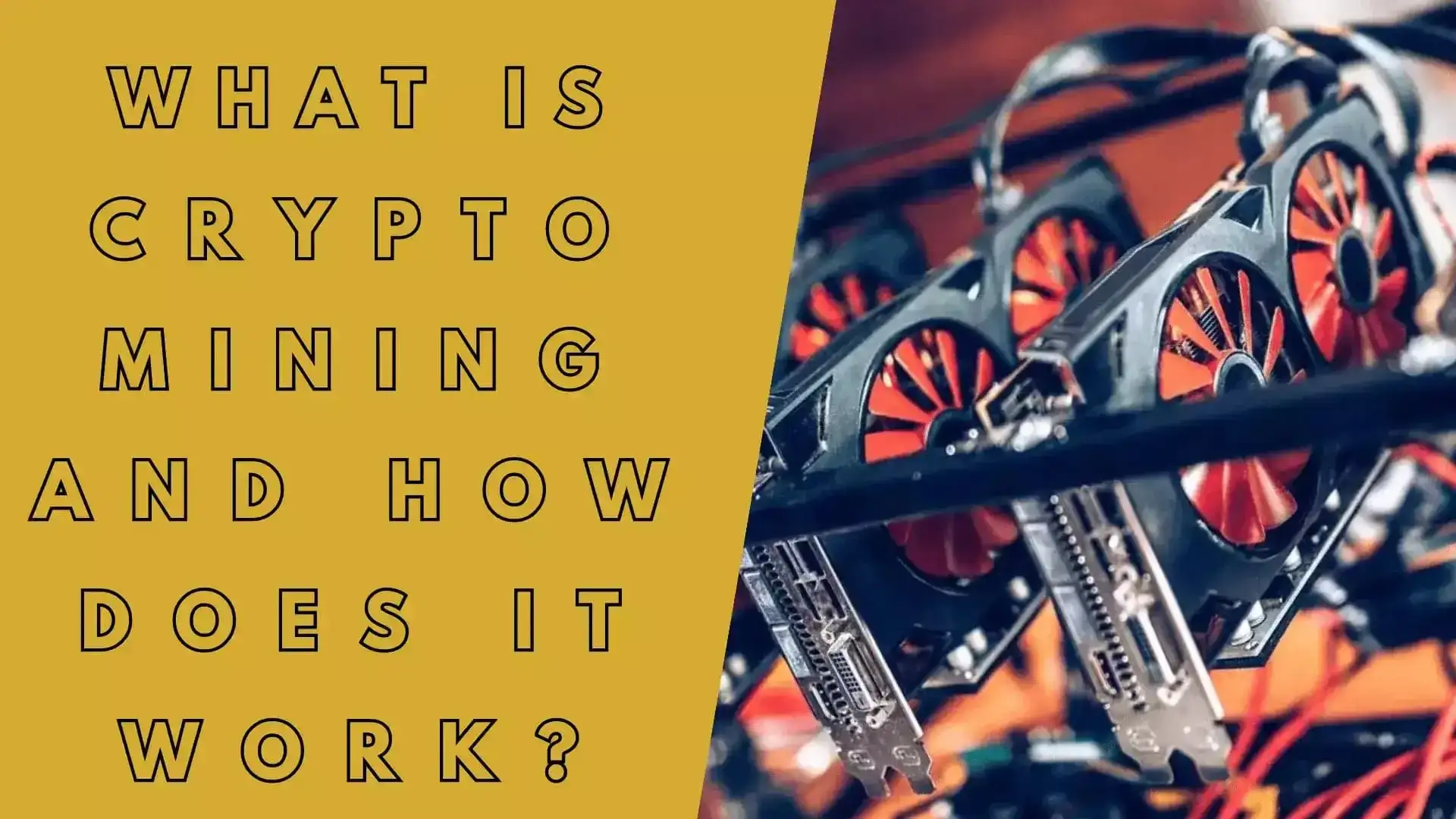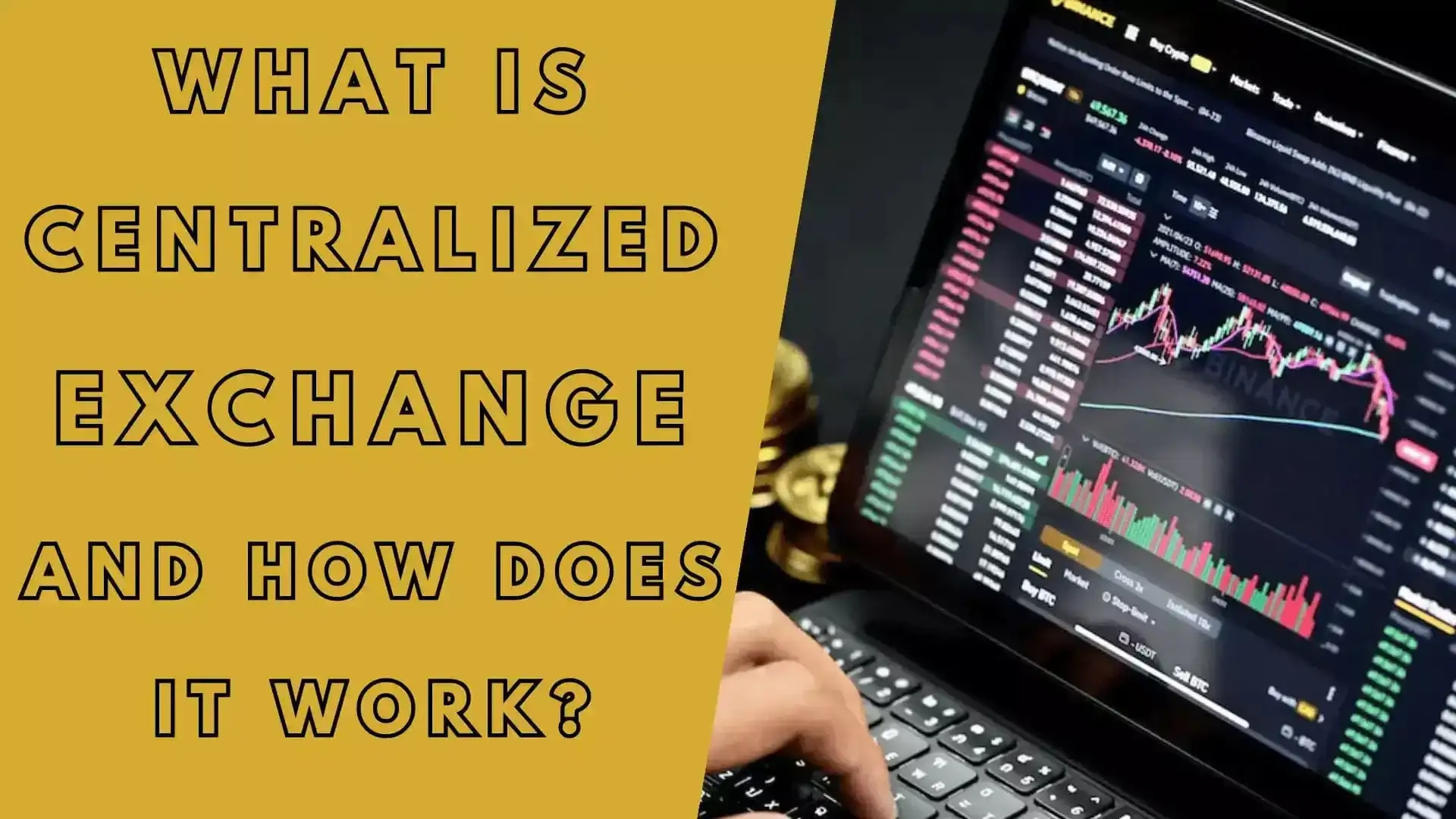What Is Smart Contracts And How Its Works ?
Smart contracts are self-executing contracts with the terms of the agreement directly written into lines of code. These contracts are stored on a blockchain network, such as Ethereum, and automatically execute when predefined conditions are met. They facilitate, verify, and enforce the performance of a contract without the need for intermediaries.

Posted on 5 Sep 2023
Here is a step-by-step explanation of how smart contracts work:
- Contract Creation: A contract is written using a high-level programming language, such as Solidity for Ethereum. The contract specifies the terms and conditions of the agreement, including the actions to be taken and the parties involved.
- Deployment on Blockchain: The contract is deployed to the blockchain network. Each participant on the network receives a copy of the contract, and it is stored in a decentralized manner across multiple nodes.
- Validation: The contract is validated and verified by the nodes in the network. The nodes execute the contract's code and reach a consensus, ensuring that the contract is valid and free from errors.
- Triggering Events: The contract is triggered by specific events or conditions as defined in the code. For example, if the contract states that a payment should be made upon the delivery of goods, the triggering event would be the delivery confirmation.
- Automatic Execution: Once the triggering event occurs, the contract automatically executes the predefined actions. For example, the contract might transfer funds from one account to another, update ownership records, or perform calculations based on the contract terms.
- Immutable and Transparent: The executed contract and its outcome are recorded on the blockchain and cannot be altered. This provides a transparent and tamper-proof record of the contract's execution. All participants can view and verify the contract's outcome without relying on a central authority.
- Cost and Efficiency: Smart contracts eliminate the need for intermediaries, such as lawyers or brokers, as the contractual terms are programmed directly into the code. This reduces costs and increases the efficiency of contract execution.
- Interoperability: Smart contracts can interact with other smart contracts and external systems, enabling complex and automated workflows. For example, a smart contract for a supply chain can automatically trigger payments, update inventory, and notify relevant parties.
It's important to note that while smart contracts provide automation and cryptographic security, they are still subject to the accuracy and reliability of the code. Care must be taken during the contract development and auditing process to ensure the contract behaves as intended and to minimize vulnerabilities.

